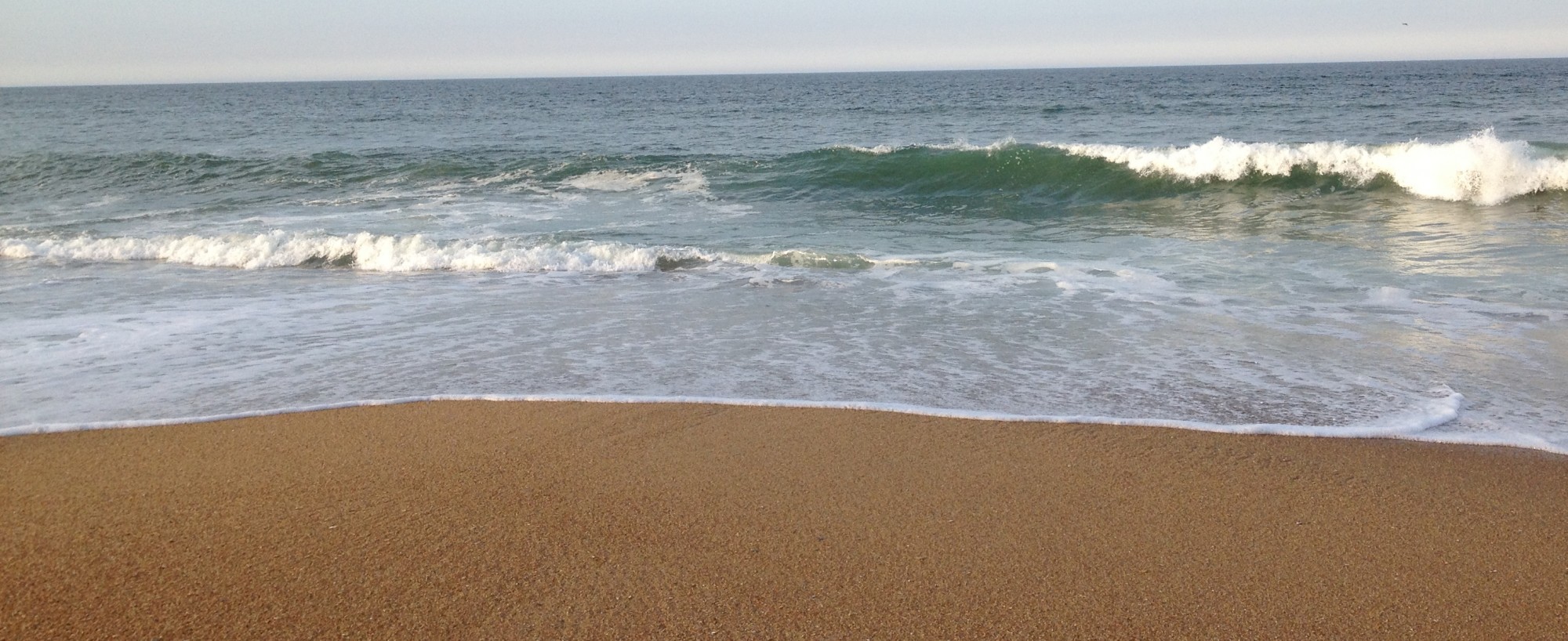Melville’s Intentions
Tommo spends much of Typee criticizing the harsh reality of nineteenth century western culture and tradition. He sees the strife-free and egalitarian society of the Typees as on par, or even superior to his own America. After a thorough anthropological journey through nearly every aspect of this society, and after getting to know characters such as Kory-kory, Mehevi, and Fayaway, it’s hard to stomach cannibalism as an aspect of the Typee culture. For Tommo, it seems enough to make this paradise no longer a place he wants to be. I found myself rooting the whole way through for the stories of cannibalism to be wrong and Tommo did to. My question after finishing the story is what exactly Melville intended while he was writing this book. Was this just him writing down his experiences and the ideas that came out of these writings were just coincidental? Did he intend to humanize cannibals? Was he criticizing the Christian mission of reforming the “savages”? It seems unclear. Tommo employs the noble savage trope several times throughout the book, and it is clear that both he and Melville do see these Polynesians as more than savages. As far as the cannibal aspect, I believe that if Melville was really trying to put the Typee on a pedestal he would not have made them cannibals in the book. Instead, I think the inclusion of cannibalism is meant to show that no society is perfect, Typee or Western. It all depends on whether you want to stomach human flesh or cutthroat capitalism. In the end Tommo, and I think Melville, would rather stick with their own flawed society than try to join another equally flawed society.

I agree with everything that you said, but I also think that it is important to expand, and to keep in mind that Melville wrote the book with the intention of making it partially a sailor-yarn. He undoubtedly added some of the excitement surrounding the natives to impress his readers with tales of an island adventure among a native tribe. That said, Melville must have had an intention to portray the native Polynesians in one way or another, and I think his end goal was to ensure that his readers realized that they had a complex culture that should be considered objectively. I do not think he wanted his readers to think that the islanders were “savages” in every aspect, but he also wanted them to realize that the natives had their own culture that outsiders may not have been able to accept for themselves. I think he succeeds in his goal of painting them in a light that they are as human as the Westerners, albeit with their own alien culture that even Melville himself did not fully understand.